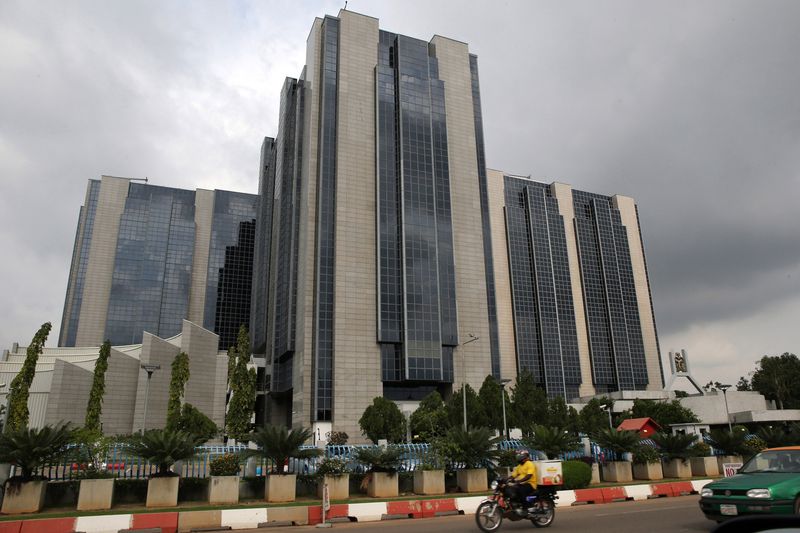The Central Bank of Nigeria (CBN’s) commitment to financial inclusion has continued to rise with several polls aimed at bringing more Nigerians to embrace financial services.
The policy on off-grid power companies operations, which will entail creation of N7.5 trillion market share for off-grid power companies to boost energy access, promote financial inclusion and poverty reduction.
In a new guideline for the off-grid power companies’ operations, the apex bank said energy access, financial inclusion and poverty reduction are closely linked and requires rapid scale of pay-as-you-go (PAYG) off-grid technologies to create N7.5 trillion annual market opportunity for the country. It said the market penetration is presently at less than five per cent of total market potential.
READ MORE: CBN, Banks Integrate Fintechs In Financial Inclusion Journey
The new investment and credit opportunity from the CBN under the Solar Connection Intervention Facility will lead to new account openings by many Nigerians. It will also enable commercial banks to provide more broad range of high quality financial products, such as savings, credit, insurance, payments and pensions, which are relevant, appropriate and affordable for the entire adult population, especially the low income earners in the country.
Speaking on the new plan, President, Bank Customers Association of Nigeria ( BCAN) Uju Ogubunka, said the off-grid power scheme will lead to massive account opening, and reactivation of dormant accounts by new players in the market.
He said the conditionality’s of the market, entry requirements and capacity to deal with power problems will determine how many people will enter the market and those that will open and reactivate existing dormant accounts.
“If the capital needed to get into into the market is not too high, many people will avoid it. In such case, the major players will be those who are already in businesses making money and wanting to diversify. But if the entry requirement is simple, will will see more grassroots participation and massive job creation,” Ogubunka who was former Registrar/ Chief Executive, Chartered Institute of Bankers of Nigeria (CIBN), said.
He foresees more capital flows into the economy from offshore investors, which will galvanize economic activities for economic boom.
He said that evidence worldwide shows that access to financial services contributes both to economic growth and wealth creation and is therefore key to tackling the ‘poverty’ trap in Nigeria.
He said it is critical for regulators and policy makers to create an enabling policy environment to actively promote both the demand for and the supply of financial services to the unbanked and under-banked.
Analysis of the CBN’s framework for the implementation of solar connectivity facility, showed that the scheme will complement the Federal government’s effort of providing affordable electricity to rural dwellers through the provision of long term low interest credit facilities to the Nigeria Electrification Project (NEP) for pre-qualified home solar value chain players that include manufacturers and assemblers of solar components and off-grid energy retailers in the country.
The facility will be administered at an “all-in” interest rate of not more than nine per cent per annum. However, as part of the CBN’s Covid-19 relief package, the interest rate to be charged up to February 28, 2021 will not exceed five per cent per annum. Interest shall be payable by the loan beneficiaries in accordance with the approved repayment schedule outlined in the transaction documents.
The scheme will enable the manufacturing of solar components and balance of system, establishment/expansion/upgrade of solar manufacturing facilities, assembly of solar components and balance of system and repair and maintenance of solar home systems and mini grid equipment.
Also, to support the economic recovery in response to the COVID-19 pandemic, the Federal Government of Nigeria is implementing the Economic Sustainability Plan (ESP) to ensure the roll out of five million new solar-based connections in communities that are not grid connected. This programme is expected to generate an additional N7 billion increase in tax revenues per annum and $10 million in annual import substitution.
The solar connection scheme is a Federal Government initiative meant to expand energy access to 25 million individuals (five million new connections) through the provision of solar home systems (SHS) or connection to a mini grid; increasing local content in the off-grid solar value chain and facilitating the growth of the local manufacturing industry; and incentivizing the creation of 250,000 new jobs in the energy sector.



